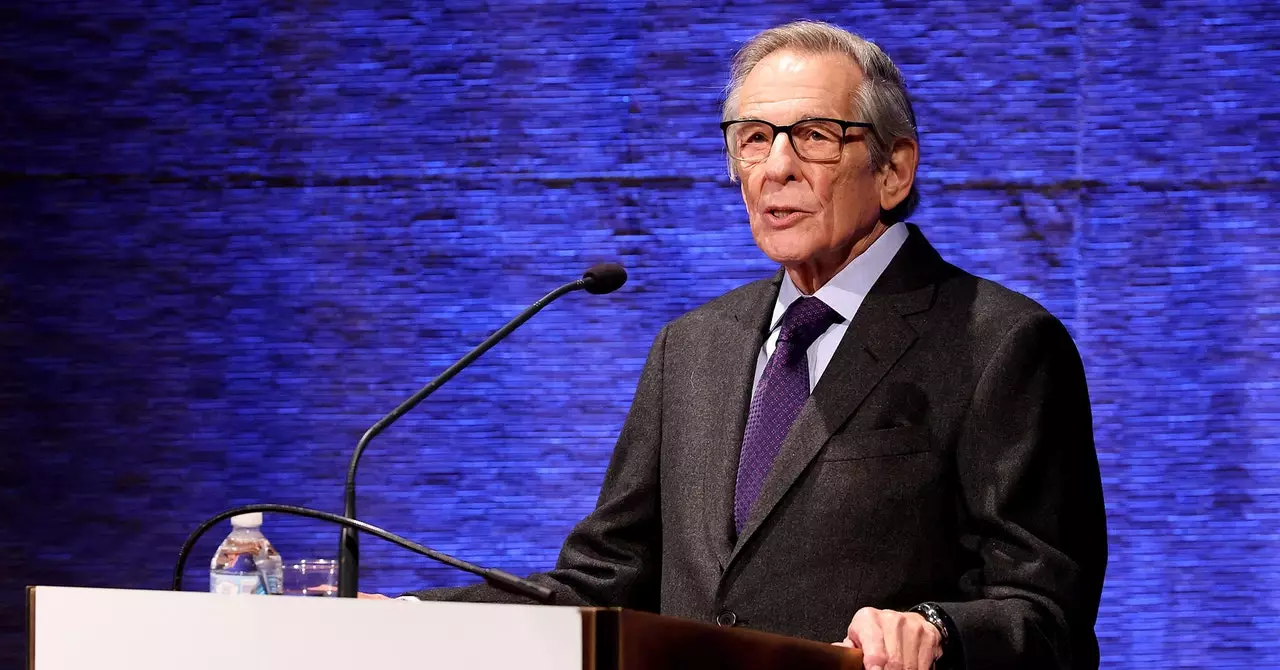In today’s fast-paced corporate environment, the allure of efficient communication often leads leaders astray, tempting them to rely on shortcuts. One perilous shortcut that has emerged is the over-reliance on summaries instead of engaging with comprehensive and nuanced information. The famed former CEO of Amazon, Jeff Bezos, recognized this flaw and took a bold step by banning PowerPoint presentations from his meetings. Instead, he insisted on what became known as the “6-pager,” a detailed memo outlining critical points about proposed initiatives. This approach required his team to rigorously analyze their ideas and present them succinctly, ensuring that every word carried weight.
Surprisingly, the initial moments of every meeting under Bezos’s regime were spent quietly reading through these six pages. This ritual underscores the value placed on deep reading and thoughtful analysis, emphasizing that superficiality is detrimental in decision-making processes. In an age overwhelmed with information, the temptation to settle for quick summaries could undermine the quality of discourse and dilute the richness of exploratory thought. By mandating thorough documentation, Bezos safeguarded against the potential hazards of summary-led discussions where vital insights may be truncated or lost.
The rise of artificial intelligence (AI), particularly large language models (LLMs), has undoubtedly transformed the landscape of information consumption. LLMs excel at processing vast amounts of data, generating summaries, and even identifying less obvious facts as prompted. However, this capability also poses a significant risk: as technology becomes more adept at synthesizing information, there’s a growing danger that individuals may forgo developing their analytical skills. Relying too heavily on AI for concise summaries could lead to a decline in the practice of critical thinking and effective communication among leaders and teams.
Consider the recently transformed meeting space, where AI tools promise to enhance efficiency, including options like AI avatars to facilitate discussions. The convenience of these technologies raises the question: will they encourage individuals to opt-out of in-person meetings? Conversations with innovators like Sam Liang, CEO of Otter, reveal ambivalence towards this trend. Liang admitted that even as a high-ranking leader, he often chooses to skip meetings, believing that the availability of summaries makes attendance less critical. The dilemma is clear: while these AI tools can make teamwork more efficient, they might also foster a culture of disengagement that ultimately stifles creative collaboration.
The Risks of Cultural Erosion
The pervasive dependence on summaries and AI not only impacts individual skills but also carries broader implications for organizational culture. If team members believe that the crux of any conversation can be distilled into bullet points, they may lose the motivation to engage deeply with the material at hand. This could lead to a culture where time and effort invested in crafting thoughtful emails, reports, or presentations become obsolete. The resulting work, instead of embodying the brilliance and creativity of the individuals behind it, risks becoming a faceless amalgam, reminiscent of poor reproductions with little original insight.
Renowned authors and historians like Robert Caro exemplify the importance of patience and detail in storytelling. Caro, who has spent nearly fifty years chronicling President Lyndon B. Johnson’s life, would likely produce vastly less impactful work if encouraged to expedite his process through reliance on AI. His painstaking attention to detail is what has made his historical narratives resonate with readers. In contrast, if leaders embrace a mentality where summaries reign supreme, they might engender a shallow understanding of their narratives, yet the complexity of societal and business dynamics will demand exploration beyond mere bullet points.
In light of these observations, it becomes evident that leaders must resist the temptation of summary-centric conversations and recognize the intrinsic value of thorough discourse. To cultivate a culture of awareness and creativity, businesses should promote practices that prioritize extensive reading, careful listening, and thoughtful engagement. This involves encouraging teams to invest time in developing their ideas, fostering a sophisticated exchange of perspectives that can lead to rich solutions.
Ultimately, while AI can enhance efficiencies, it should act as a supplement to human capabilities, not a replacement. As individuals grapple with the evolving dynamics of communication, the drive to think critically and engage deeply remains more important than ever. The necessity for leaders to prioritize understanding over convenience will ultimately determine their effectiveness and the success of their initiatives. In doing so, they can ensure that the quality of dialogue remains vibrant and that the collective output of their organizations reflects the intelligence and creativity necessary for success.

